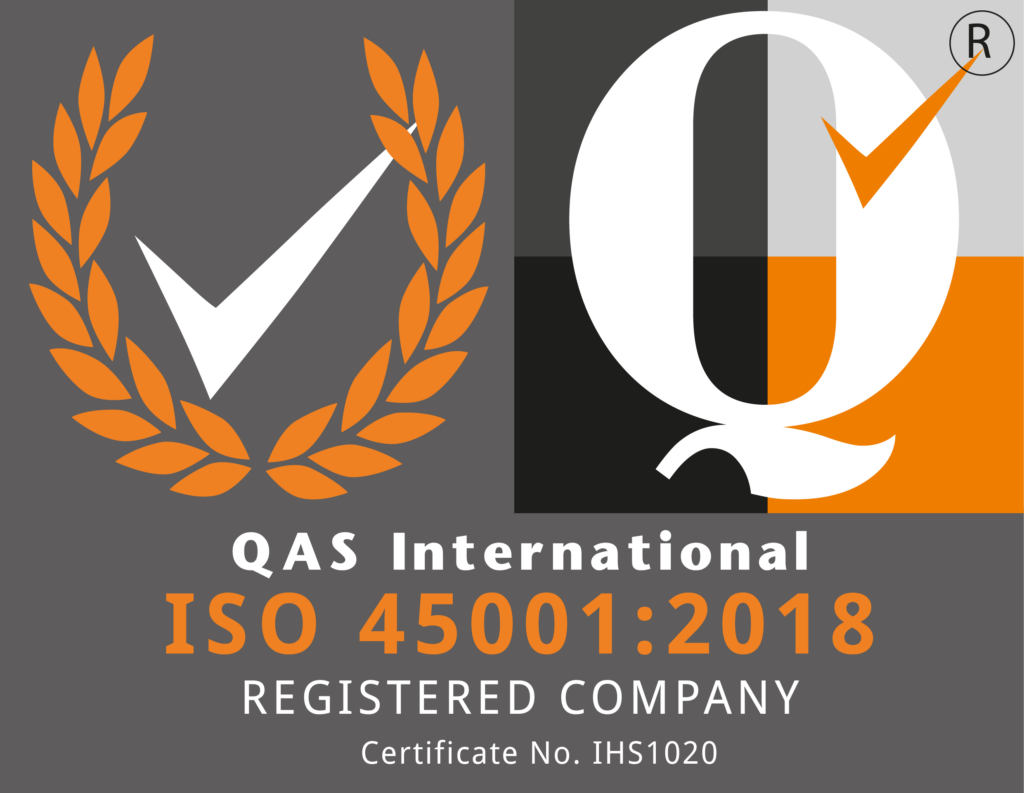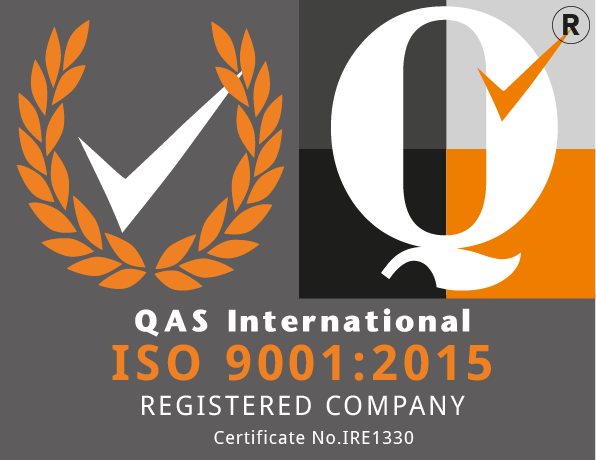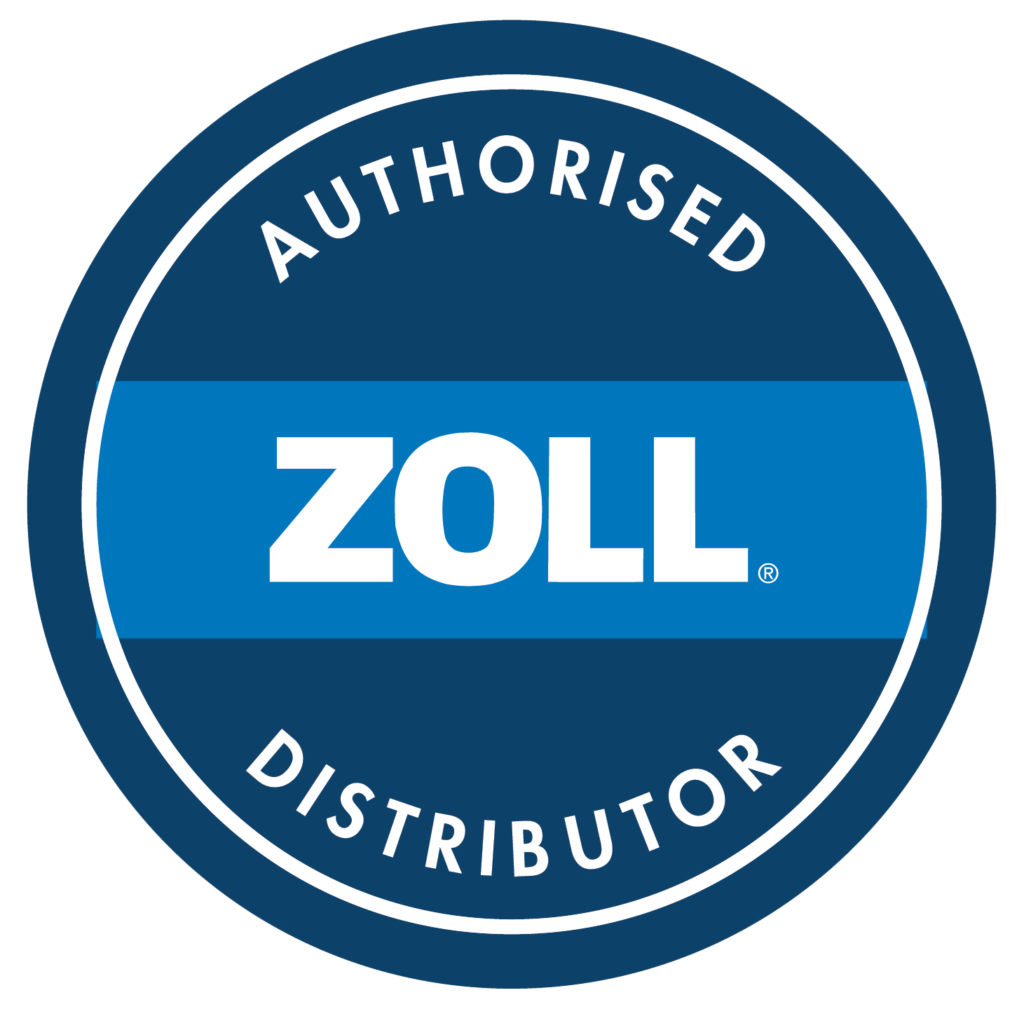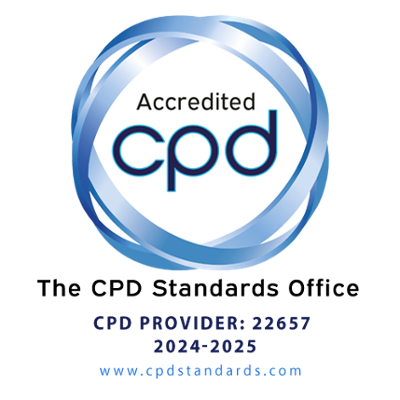
€45.00
This Safeguarding Adults course is aimed at anyone who has a duty of care for or comes into contact with, adults in need of care and support, either as a paid professional or a volunteer. You and the organisation you work for must take appropriate measures for the protection of adults in your care, while still ensuring they are supported and empowered. The Safeguarding Adults course can bring you one step closer to being able to do this.
Approved by CPD – Duration 80 mins* – €45.00
80 minutes (Note: This is based on the amount of video content shown and is rounded off. It does not account in any way for loading time or thinking time on the questions).
This course lasts around 1 hour and 20 minutes.
Safeguarding means living safely, free from abuse or neglect. It means people’s choices are heard and respected. Safeguarding is everybody’s business. We all need to be aware of safeguarding adults and take action to make sure that nobody experiences abuse or neglect, particularly those who are vulnerable.
Abuse happens when another person does not respect a person’s rights and dignity. Abuse can be deliberate, or the person causing it may not understand that what they are doing is wrong.
Those most at risk are vulnerable adults who are unable to protect themselves due to:
Our Safeguarding courses have been created because, first and foremost, every one of us has fundamental human rights. Chief among these is the right to be healthy, happy and treated well, regardless of race, age, gender or location. When these rights are abused in some way, it’s wrong, and it is therefore vital that guidelines, policies and procedures are followed to enable everyone, without exception to live a life in which these fundamental values and rights are maintained and upheld.
The Safeguarding course is aimed at anyone who has a duty of care for or comes into contact with, adults in need of care and support, either as a paid professional or a volunteer. This includes, but isn’t limited to, those that work in domiciliary care, the HSE, community centres, prisons or with a family member at home, and sets out the roles and responsibilities everyone must undertake to protect an adult’s right to live in safety, free from abuse and neglect. You and the organisation you work for must take appropriate and proportional measures necessary for the protection of adults in your care, while still ensuring they are supported and empowered to have control over how they want to live their lives and this course can bring you one step closer to being able to do this.
This means that whatever the circumstance, you and the organisation you work for must take appropriate and proportional measures necessary for the protection of adults in your care, while still ensuring they are supported and empowered to have control over how they want to live their lives.








Stay up to date with fire safety insights, training updates, and compliance guidance.
|
|
Thank you for Signing Up |



Web design and development by Phoenix STS Ltd
Copyright © 2026. All rights reserved.